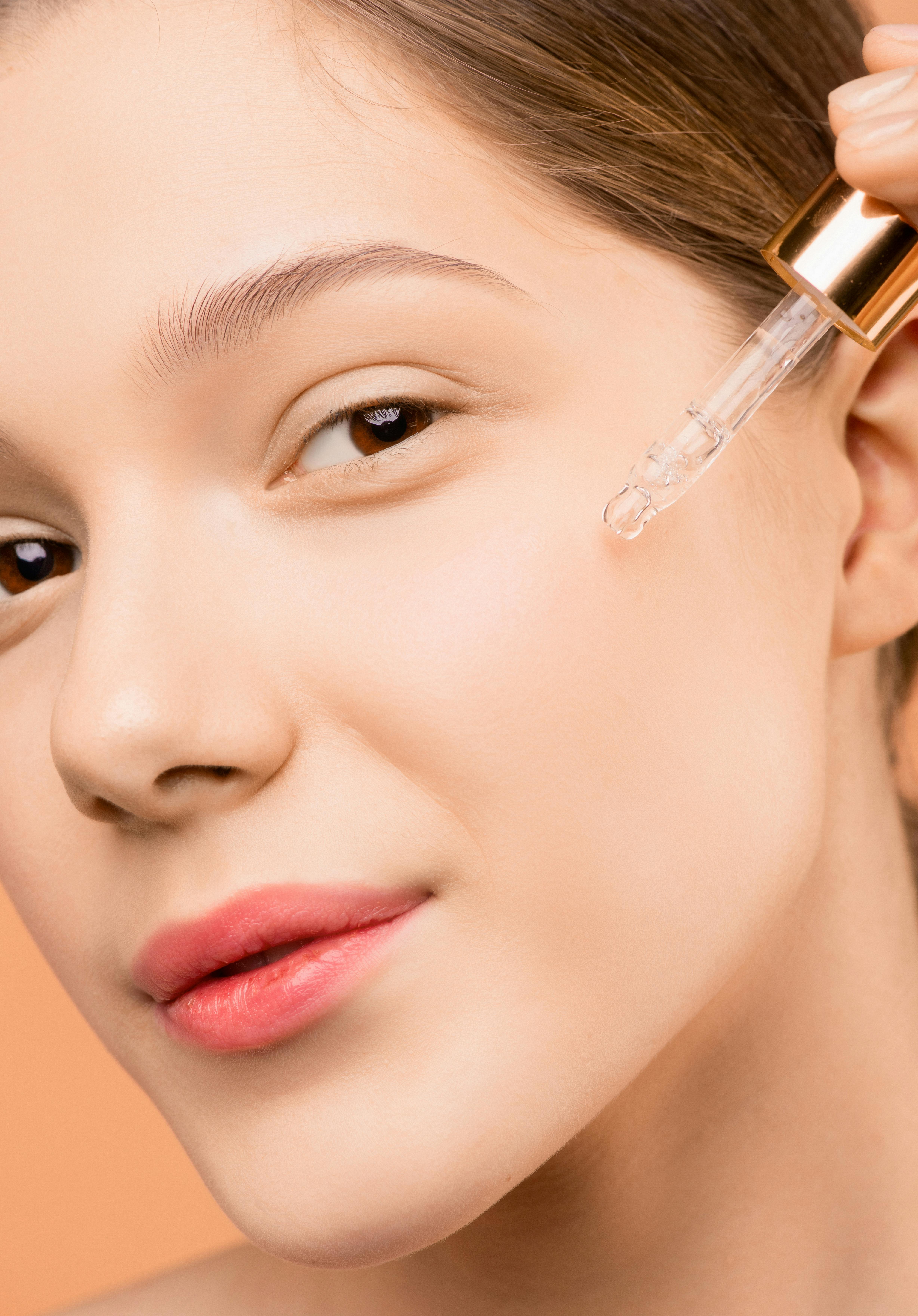Explore helpful tips on managing eye area concerns naturally
The delicate skin around our eyes often reveals signs of stress, lack of sleep, or aging through puffiness, dark circles, and fine lines. Fortunately, there are numerous gentle, natural approaches to address these common concerns without resorting to invasive procedures. By incorporating simple lifestyle changes, proper hydration techniques, and soothing routines into your daily regimen, you can effectively minimize eye area issues and promote healthier-looking skin.

The skin around our eyes is approximately 40% thinner than the skin on the rest of our face, making this area particularly vulnerable to various concerns. From puffiness and dark circles to fine lines and wrinkles, these eye area issues can make us appear tired, stressed, or older than we actually are. While there are many commercial products and medical procedures available, many people prefer to start with natural approaches that are gentle on this sensitive area. This article explores effective, non-invasive methods to manage common eye area concerns using natural ingredients and lifestyle modifications.
Gentle methods for daily eye care
The delicate skin around your eyes requires special attention in your skincare routine. Start by always removing eye makeup before bed using gentle, oil-based removers that don’t require rubbing or tugging. When applying products, use your ring finger (which naturally applies the least pressure) to pat—never rub—products into the skin. Consider using fragrance-free, hypoallergenic products specifically formulated for sensitive eyes to minimize irritation. Cold compresses made from cucumber slices, chilled tea bags (particularly green or chamomile tea), or cold spoons can help reduce puffiness by constricting blood vessels and reducing fluid retention. For maximum benefit, incorporate these gentle approaches consistently rather than sporadically.
Natural tips for skin comfort around the eyes
Nature provides numerous ingredients that can soothe and rejuvenate the eye area. Aloe vera gel offers cooling relief and anti-inflammatory benefits when applied around the eyes. Potato slices contain enzymes and vitamin C that may help lighten dark circles when placed on closed eyes for 10-15 minutes. Raw honey makes an excellent natural humectant that draws moisture to the skin when used in diluted form as a gentle eye mask. Avocado oil, rich in vitamins A, D, and E, provides deep nourishment without clogging the delicate pores around the eyes. For those dealing with puffiness, a cold compress made from steeped and then refrigerated chamomile tea bags can reduce inflammation while providing antioxidant benefits. These natural remedies work best when used consistently as part of your regular skincare routine.
Lifestyle adjustments for healthier eyes
What happens outside your skincare routine significantly impacts the appearance of your eye area. Ensuring adequate sleep—ideally 7-9 hours per night—gives your body time to repair and regenerate skin cells. Consider elevating your head slightly with an extra pillow to prevent fluid accumulation around the eyes during sleep. Managing stress through mindfulness practices, yoga, or meditation can reduce cortisol levels that contribute to inflammation and skin aging. Limiting alcohol and salt intake can prevent water retention that leads to puffiness, while staying properly hydrated supports overall skin health. Protecting your eyes from UV damage with sunglasses and mineral-based SPF products specifically formulated for the eye area prevents premature aging and hyperpigmentation. Additionally, regular exercise improves circulation, helping to flush away toxins that can contribute to dark circles.
Hydration techniques for delicate skin
Proper hydration is crucial for maintaining the health of the thin skin around your eyes. While drinking adequate water throughout the day forms the foundation of skin hydration, topical approaches are equally important. Consider using a humidifier in your bedroom, especially during winter months or in dry climates, to prevent moisture loss while sleeping. When selecting eye creams, look for humectant ingredients like hyaluronic acid or glycerin that draw water into the skin, combined with occlusive ingredients like shea butter or squalane that seal in moisture. Apply hydrating products immediately after cleansing while skin is still slightly damp to maximize absorption. For an extra boost, store your eye cream in the refrigerator—the cooling effect will help constrict blood vessels while the product hydrates, addressing both puffiness and dryness simultaneously.
Soothing routines for eye area concerns
Establishing consistent routines can significantly improve the appearance of the eye area over time. Begin and end each day with a gentle eye massage to stimulate lymphatic drainage and reduce fluid buildup. Using clean fingertips, apply very light pressure in small circles from the inner corner of the eye outward, then gently tap along the orbital bone. Weekly treatments with cooled, steeped green or black tea bags can help address multiple concerns simultaneously—the caffeine constricts blood vessels to reduce puffiness, while tannins and antioxidants may help with discoloration. For those experiencing eye strain from digital devices, practice the 20-20-20 rule: every 20 minutes, look at something 20 feet away for at least 20 seconds to reduce eye fatigue that can contribute to squinting and premature wrinkles. Consider incorporating facial yoga or gentle stretching exercises specifically targeting the eye area to maintain elasticity and tone.
Nutritional approaches for eye health
What you eat directly affects the appearance of your eye area. Foods rich in omega-3 fatty acids (like salmon, walnuts, and flaxseeds) help strengthen cell membranes and reduce inflammation. Colorful fruits and vegetables high in antioxidants—especially those containing vitamins C, E, and K—can help fight free radical damage and support collagen production. Dark, leafy greens provide lutein and zeaxanthin, which protect eye tissues from oxidative stress. Foods containing zinc, like pumpkin seeds and oysters, support overall skin health and repair. Meanwhile, reducing consumption of high-sodium foods and refined sugars can prevent water retention and glycation—a process that damages collagen and elastin fibers. Staying well-hydrated by consuming water-rich foods like cucumbers and watermelon complements your external hydration efforts for comprehensive eye area care.
This article is for informational purposes only and should not be considered medical advice. Please consult a qualified healthcare professional for personalized guidance and treatment.




